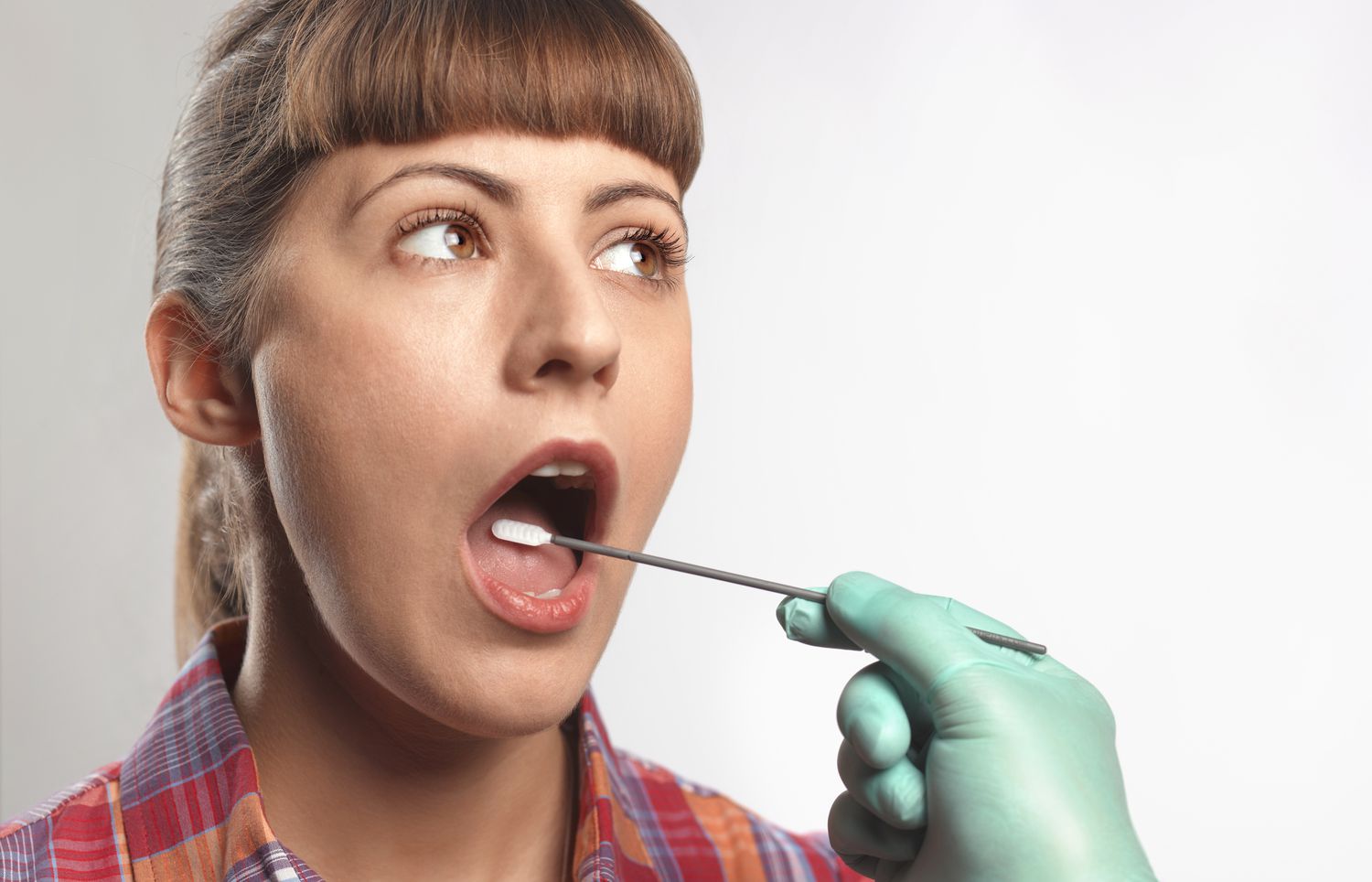Most people believe that they should wait until the baby is born before taking a home paternity test. However, this is far from true as in such situations it may not be necessary due to best practices. This article discusses the options that will give you accurate results after taking a DNA paternity test during pregnancy?
- Amniocentesis
As the name suggests, this paternity test is based on the use of amniotic fluid. This method involves consuming a small amount of liquid. In case you were wondering, a needle is inserted into the expectant mother’s abdomen. Once the liquid is collected, it is compared to the DNA sample in question to confirm whether they are related or not. However, you must do this between the 15th and 20th week of pregnancy to get accurate information. It is also important to note that a DNA paternity test increases the risk of miscarriage, but it is not as high.
- Chorionic villus sampling (CVS)
Unlike the previous option, this test is performed on tissue from the mother’s placenta. When it comes to removing them, the doctor may remove them through the abdomen or cervix. Regardless of the method you choose, you can be sure that the results will be accurate. The tissue is then compared to the DNA sample being tested. Then conclusions are drawn based on the obtained data. Make sure this is done 10 to 13 weeks after the start of the pregnant woman’s last menstrual period. After the operation, the risk of miscarriage increases slightly.
- Non-Invasive Prenatal Paternity Test (NIPP)
The best time to do this test is after seven weeks but before the end of the first trimester. This test works with blood taken from the pregnant mother because it contains information about the DNA of the fetus. On the other hand, it will receive a cell sample from its species in the case of a claim. After the two are at the scene, a DNA test will be conducted to determine if he is the biological father of the child or not.Compared to other methods,This one is relatively safe as it poses no risk to the unborn baby. Basically, this home DNA test is perfect if you don’t want to wait until the babies are born.
Financial support
Considering that many mothers take advantage of rich people and claim that they are the parents of their children, only you provide financial support, which is the necessary proof that the party involved is the biological father. Fortunately, the fact that DNA testing is possible at home makes proof just as easy. Once you prove this, you will receive financial support to help your child grow up better.
Conclusion
Considering the above, it is possible to perform a paternity test during pregnancy. While some are safe, others slightly increase the risk of pregnancy loss. The rest can only be done in a medical facility. In addition, to be suitable, they must be performed within a certain period of gestational age. However, if you want to do this at home, the recommended DNA test will likely be NIPP. It poses no risk to mother and baby and is therefore safe. Whatever your choice, you can be sure that the results will be accurate.For more information, contact Paternity USA and learn how to test the paternity of your unborn child.











